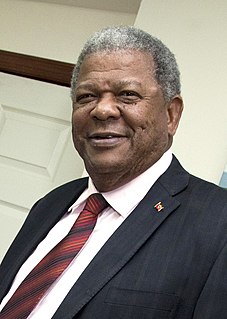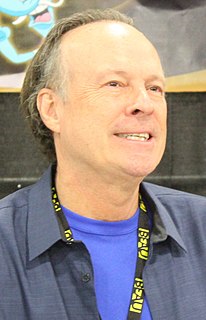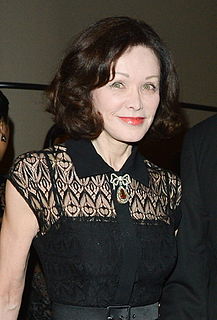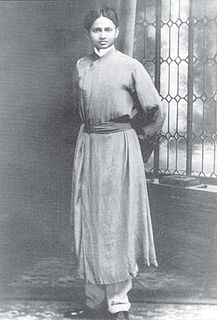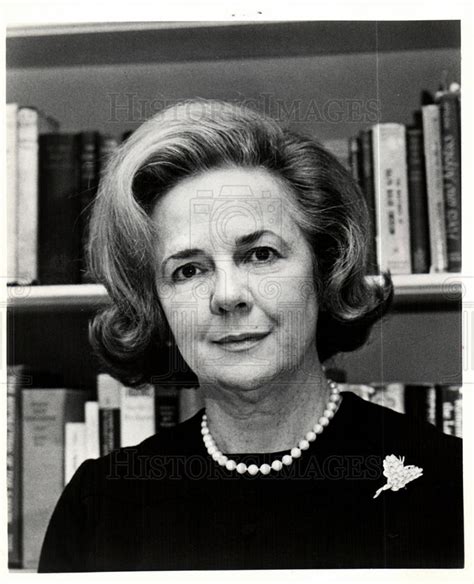A Quote by Ralph Waldo Emerson
There is some awe mixed with the joy of our surprise, when this poet, who lived in some past world, two or three hundred years ago, says that which lies close to my own soul, that which I also had wellnigh thought and said.
Related Quotes
Some time ago we heard a strange story. The pilot of a small plane said that he had been caught in a one hundred fifty mile gale, which held his plane perfectly still. The motor was roaring, he claimed, but the plane was not moving. "It was weird," he said , "to be going one hundred fifty miles an hour and yet not be going anywhere at all."
For a man can lose neither the past nor the future; for how can one take from him that which is not his? So remember these two points: first, that each thing is of like form from everlasting and comes round again in its cycle, and that it signifies not whether a man shall look upon the same things for a hundred years or two hundred, or for an infinity of time; second, that the longest lived and the shortest lived man, when they come to die, lose one and the same thing.
I wrote poetry for seven or eight years, maybe longer, before I could say I was a poet. If people asked, I'd say I wrote poetry; I wouldn't go further. I was in my mid- to late-thirties before I felt that I was a poet, which I think meant that I had begun to embody my poems in some way. I wasn't just a writer of them. Hard to say what, as a poet, my place in the world is. Some place probably between recognition and neglect.
Our society is not perfect and this will come as no surprise to many of you. But liberty, you see, that precious child of our liberal democracy only two hundred years old, has one notable side effect. When virtue is at liberty, so to some extent is vice. In a free world there is, alas, more common crime than in a dictatorial system.
Our minds must meditate on some object. According to what he thinks, a man can create an atmosphere of radiance, exuberance, buoyancy; and this brings joy. Or he can carry gloom with him. It is a matter of the habit of thought. We must build up our own life by our thoughts. There are many ways by which we can do this. Art, music, even manual work, all can bring ripening to the soul.
Of the four billion life forms which have existed on this planet, three billion, nine hundred and sixty million are now extinct. We don't know why. Some by wanton extinction, some through natural catastrophe, some destroyed by meteorites and asteroids. In the light of these mass extinctions it really does seem unreasonable to suppose that Homo sapiens should be exempt. Our species will have been one of the shortest-lived of all, a mere blink, you may say, in the eye of time.
Some years ago I was working on some forms which were vase forms with a fairly narrow base, and it was after [Hans] Coper had died that I saw an exhibition of his, a catalogue from an exhibition, and he was showing some forms which were made by cutting and joining a lot of different parts together to create what he called a spade form, which you can imagine looks a little bit like a shovel upside down.
When I was young I thought of friendship as a matter of total loyalty and unchanging preference and I was often disappointed. But as an adult I had come to see that it was more the refraction of some total faithfulness and joy of which we all had some primordial notion. The exchange of trust and the experience of understanding between two people was like a sign or witness to the possibilitity of eternal caring and understanding and communication.




